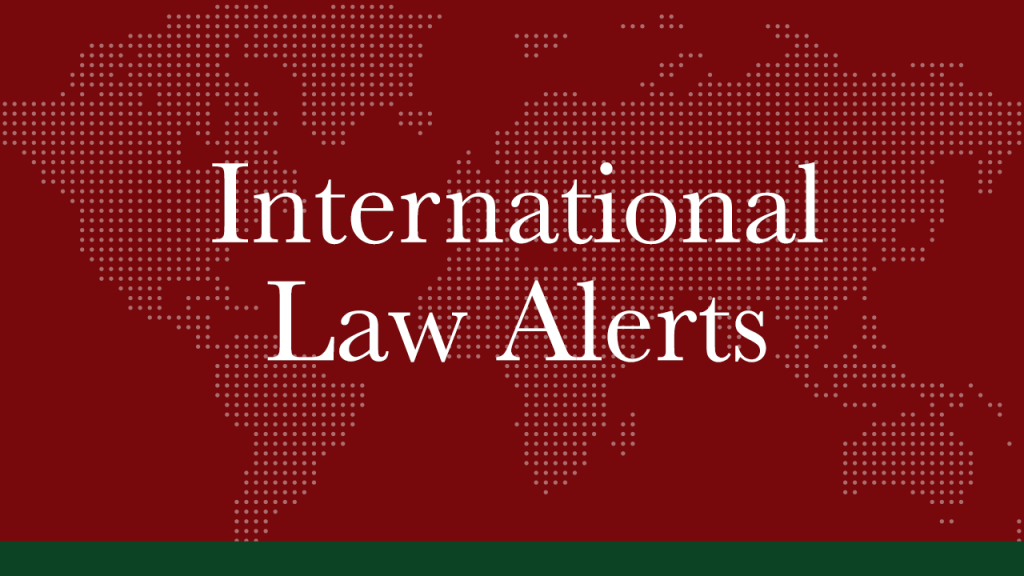
The UN atomic watchdog has seen indications in North Korea of possible reprocessing work to separate plutonium from spent reactor fuel that could be used in nuclear weapons, the head of the agency said on Monday, June 7.
French energy company EDF is investigating a potential issue linked to a build-up of inert gases at its nuclear plant in China’s southeastern province of Guangdong.
Negotiators for Iran and six world powers will on Sunday, June 20, adjourn talks on reviving their 2015 nuclear deal and return to respective capitals for consultations as remaining differences cannot be easily overcome, Iran’s delegation chief said.
The Duterte administration should act quickly on the recommendation of an inter-agency committee to include nuclear power in the country’s energy mix as a long-term sustainable solution to ensure stable and cheap power supply, former Pangasinan Rep. Mark Cojuangco said.
The United States, which has for two months been holding indirect talks with Iran on the future of the tattered nuclear deal, said Monday it was not even sure if Tehran really wanted to come back into compliance.
Energy Secretary Alfonso Cusi told Congress Thursday the government should be allowed to generate electricity from a nuclear power plant to augment the country’s supply of power.
International collaboration and partnerships are vital to developing and deploying nuclear power and the IAEA is the natural place for this collaboration to take place, IAEA Deputy Director General and Head of the Department of Nuclear Energy Mikhail Chudakov said at the 18th Dialogue Forum, organized by the International Project on Innovative Nuclear Reactors and Fuel Cycles (INPRO).
This year’s World Environment Day kicks off the UN Decade on Ecosystem Restoration (2021–2030) with the aim to prevent, halt and reverse the degradation of ecosystems. The IAEA supports countries in the use of nuclear and isotopic techniques to better understand, strengthen and restore ecosystems from mountaintops to ocean depths, including wetlands, forests and farmland.
Radiation emergencies can occur anywhere, at any time and protecting the health and safety of the affected individuals is the first priority. How can people, including medical personnel, be assured that they are protected when there are no radiation experts on site?







































































































 on the upper right corner to select a video.
on the upper right corner to select a video.